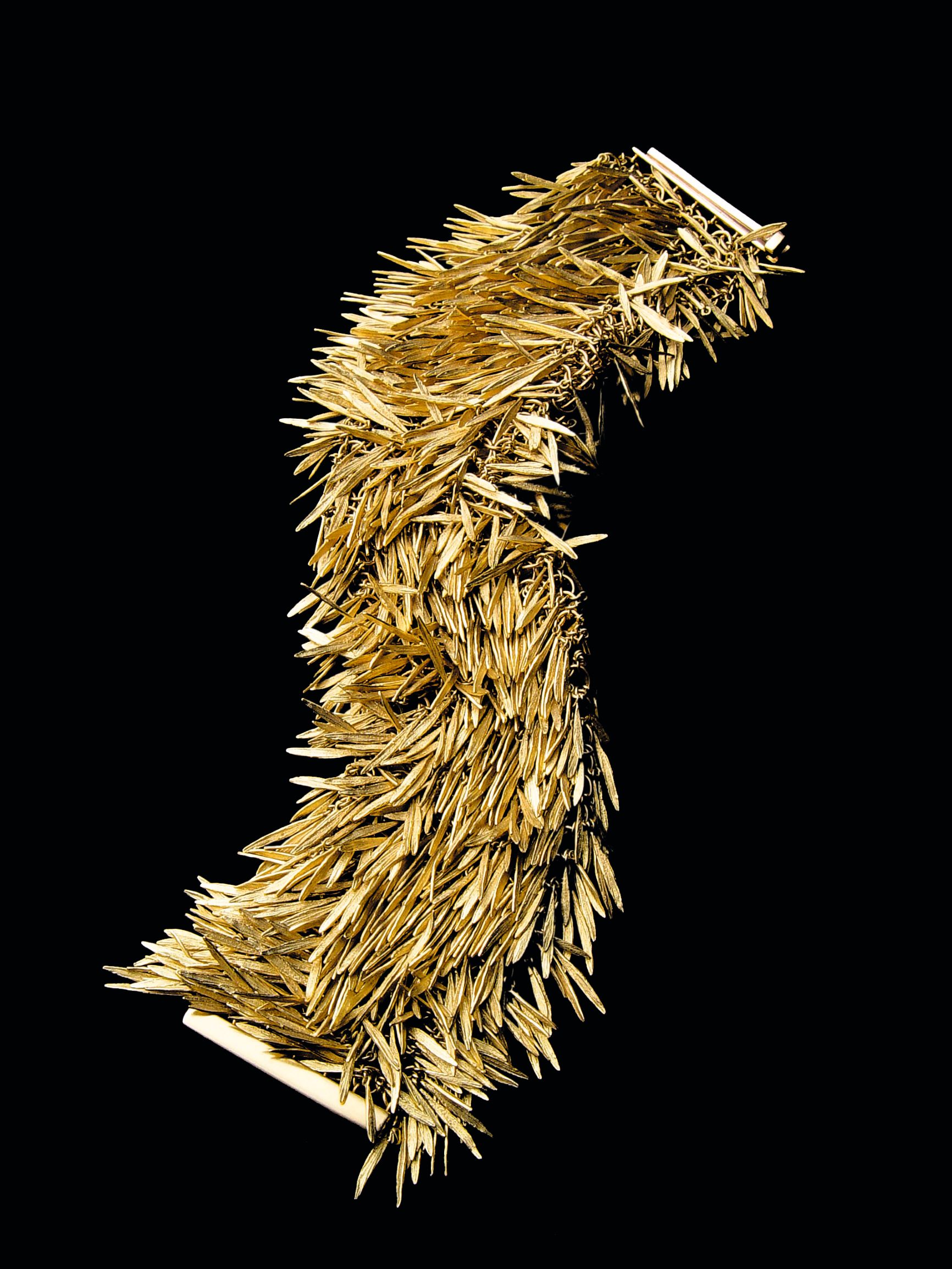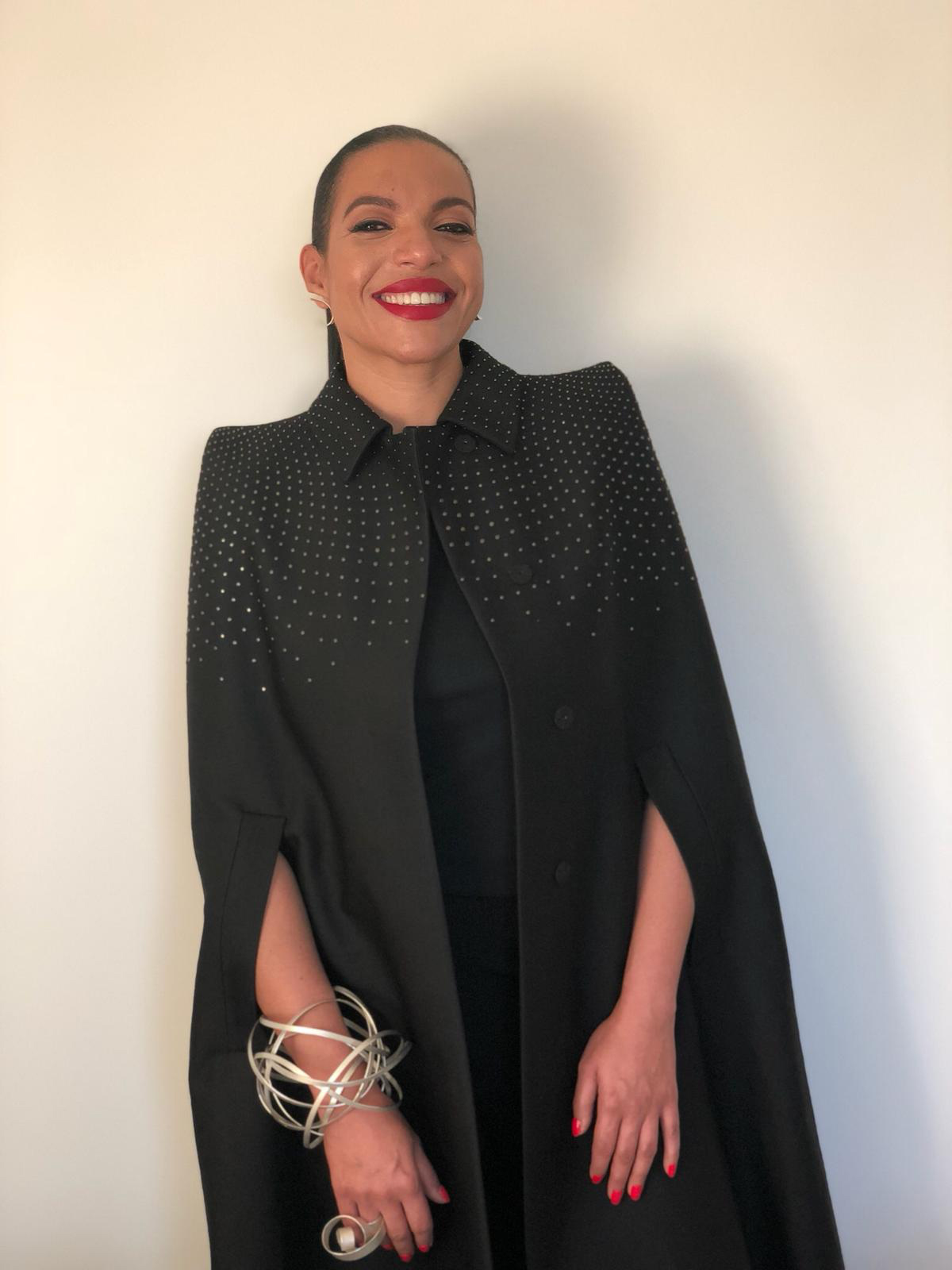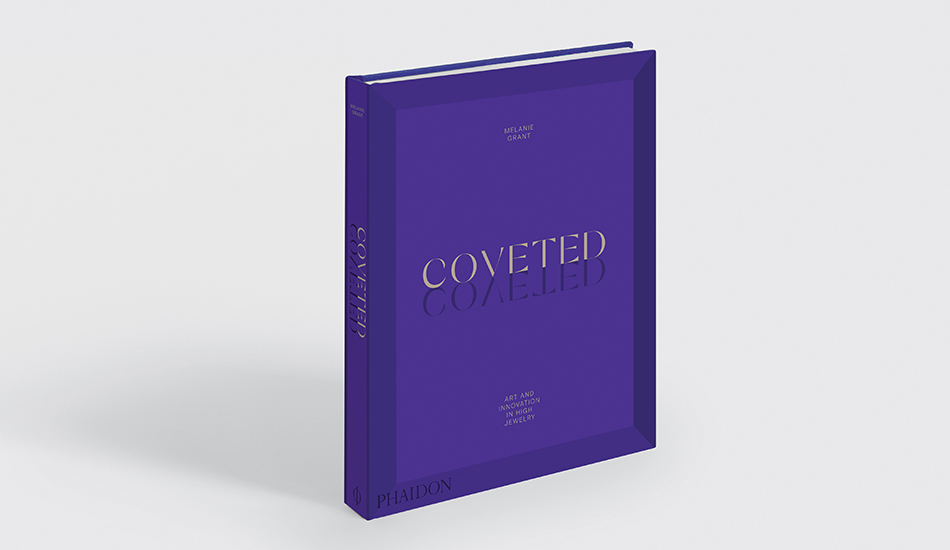
The jeweler turning gold into feathers
Our new book Coveted, profiles the emigree family at the forefront of the contemporary, Latin American jewelry scene
Great art holds a mirror up to nature. Think of the chunk of Carrara marble that, in the hands of the right sculptor, is changed into the form of a supple youth, or the stretched canvas, under the brush of the chosen painter, becomes a vivid landscape. Our new book, Coveted: Art and Innovation in High Jewelry, demonstrates how, in the hands of an equally skilful jeweler, precious metals can perform similar tricks. And sometimes, the stories behind those metallurgic masters are just as enthralling as the works they create.
“In 1939 a seventeen-year-old Jewish boy called Hans Stern fled Essen in Nazi Germany for Brazil, where he quickly learned Portuguese while working for an exporter of crystals who dazzled him with stones,” writes author Melanie Grant in her new book. “Brazil had at first supported Germany and Italy but switched sides as the war progressed, so that in 1945 boatloads of American tourists felt it was safe to descend on Rio.
“Stern was there to greet them with his first small store on the docks. He offered more than a chance to buy: he offered an education, taking visitors on whirlwind tours of his workshops and explaining the origins of indigenous stones, such as tourmalines and topaz,” the author goes on to explain. “Stern was a stone lover at heart and his fascination with minerals never left him. He opened a gemstone laboratory in 1958 and some years later invented a new gold alloy the company referred to as noble gold: softer, browner, and less garish than the traditional yellow.

“A cuff followed in noble gold, with diamonds emblazoned in the form of a star at its center, fanning outward, splaying around the wrist. The combination of these elements would define the unique sophistication of the Stern style and stand them in good stead when the market turned in the 1990s and women became more important as buyers. In 2004 Stern—which translates as “star” in German—created its own asymmetrical diamond cut called the Stern Star, with twenty internal facets resembling the points of a star creating a dazzling kaleidoscope.
“Stern’s eldest son Roberto had by this time taken over as president and creative director and gave the house a design-led philosophy, collaborating with other creative heavyweights, such as the fashion designer Diane von Fürstenberg.
“His focus on design has paid off with stone-free creations, such as the Feathers bracelet, a triumph of engineering with a thousand metal feathers on tiny links that flash and chime as they move. Made in homage to the Native American tradition of weaving feathers into the clothes and hair as a mark of respect to the spirit world, this mystic plumage from an ancient culture is brought to life as a colossal gold showstopper in the Stern style providing women with the art through which to express the liberty they now enjoy.”
To see more of that art, as well as plenty besides, order a copy of Coveted here.
